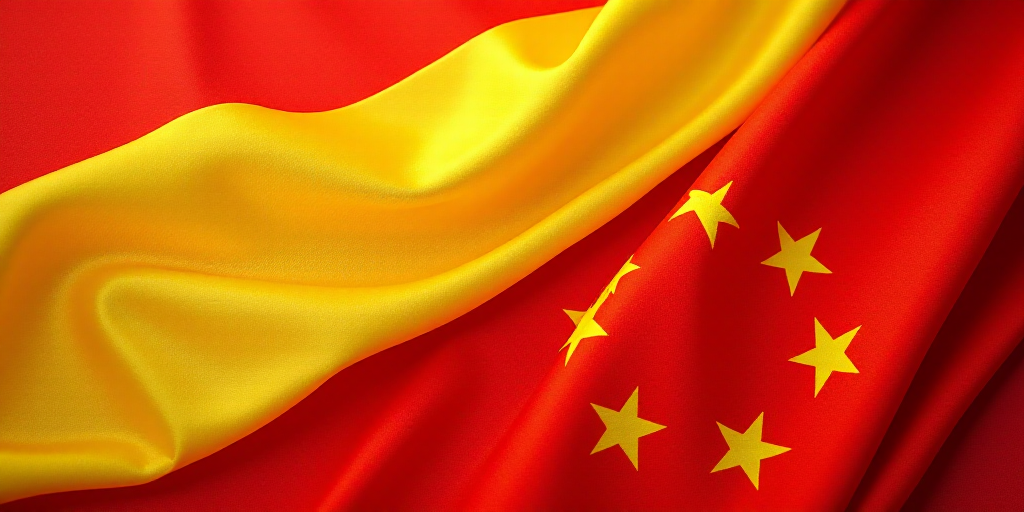Background on the Situation
The recent diplomatic exchange between China and the United States has brought attention to the ongoing trade tensions between these two major global economies. The Chinese government, through its embassy in Washington, has urged the U.S. to lift what it calls “discriminatory restrictions” against China and to adhere to the consensus reached during high-level talks in Geneva.
Key Events and Statements
- China’s Embassy Statement: The Chinese embassy in Washington released a statement urging the U.S. to end discriminatory restrictions and maintain the consensus achieved in Genebra talks.
- Trump’s Criticism: Just hours before the embassy statement, U.S. President Donald Trump accused China of violating a preliminary agreement reached in Switzerland two weeks ago to de-escalate the trade war between the world’s two largest economies.
- Liu Pengyu’s Response: Liu Pengyu, a spokesperson for the Chinese embassy, clarified that both countries have maintained communication regarding their economic and trade concerns through various bilateral and multilateral dialogues at multiple levels.
Relevance and Impact
To understand the significance of these developments, it’s essential to consider the context of the U.S.-China trade relations and the ongoing tensions that have escalated since 2018. The trade war has affected numerous industries on both sides, causing uncertainty and disruptions in global supply chains. The recent statements from China highlight the importance of maintaining open communication channels and adhering to previously agreed-upon principles.
Key Players
China, represented by its embassy in Washington, D.C., is led by Liu Pengyu, the spokesperson who issued the statement urging the U.S. to uphold the Geneva consensus. On the other side, U.S. President Donald Trump has been vocal about his concerns regarding China’s adherence to the preliminary trade agreement.
Potential Consequences
Should the U.S. and China fail to resolve their differences and adhere to previously agreed-upon principles, the trade tensions could further destabilize global markets and hinder economic growth. Maintaining open communication channels and working towards mutual understanding is crucial for both nations to avoid prolonged trade disputes and their adverse effects on the global economy.
Key Questions and Answers
- Q: What did China’s embassy in Washington say? A: The Chinese embassy urged the U.S. to end discriminatory restrictions and maintain the consensus achieved in Geneva talks.
- Q: How did President Trump respond to China’s actions? A: President Trump accused China of violating a preliminary agreement reached in Switzerland two weeks ago to de-escalate the trade war.
- Q: What is the significance of the Geneva consensus? A: The Geneva consensus refers to the principles and agreements reached during high-level talks between the U.S. and China aimed at resolving trade tensions and fostering cooperation.
- Q: What are the potential consequences if trade tensions persist? A: Prolonged trade disputes could destabilize global markets, hinder economic growth, and negatively impact industries on both sides.






